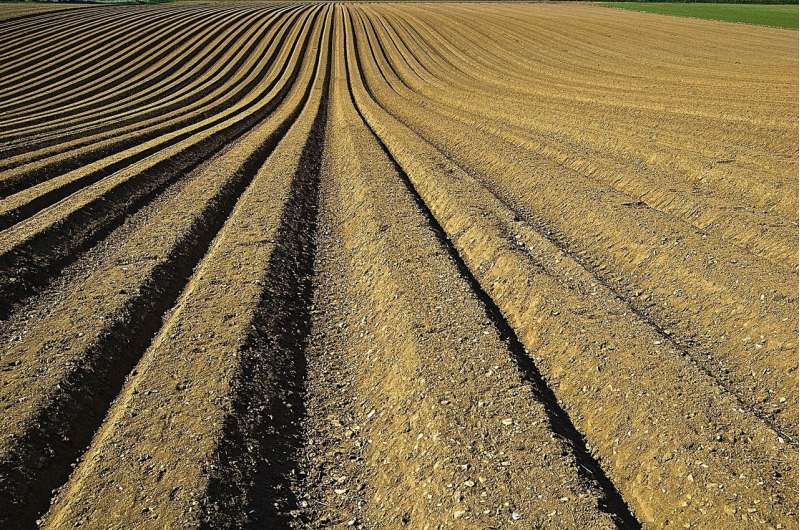Scientists develop a truck to produce biofertilizer

Organic fertilizers could hold the key to transforming Europe´s agriculture forever. A new EU-funded project now aims to build a production plant on a truck to give every farmer the opportunity to easily access natural fertilizers. The researchers of the initiative—NOMAD—want to use fermentation residue, or digestate, a by-product of energy production in a biogas plant. This will allow them to recover valuable renewable energy and nutrients from multiple organic waste streams.
Organic waste represents a high percentage of global waste composition, ranging from 28% in high-income countries to a massive 64 % in low-income countries. Resulting greenhouse gas emissions pose a serious climate change threat. Additionally, rural areas face challenges in managing their waste management due to poor infrastructure.
Experienced EU and Chinese partners of the NOMAD project, which stands for Novel Organic Recovery using Mobile ADvanced Technology, will develop a decentralized model that aims to deliver a complete, localized, circular solution for digestate use.
The plan is to build a prototype plant for this transformation process and integrate it onto a trailer for easy transport by road. Once the prototype has been built and tested in the UK, the trailer will be moved to Greece, Italy and Malta to be applied at different demo sites with very different types of organic waste. NOMAD's four demo sites feature specific digestate types (UK: food waste; Greece: animal residue and manure; Italy: crop waste; Malta: municipal wastewater) to analyze issues and possible regulatory bottlenecks and to assess the solution. This approach should enable farmers not only in remote areas, but also eventually in urban areas, to convert their unused organic residues into high performance biofertilizer.
Ioanna Dourou is part of this international team and she is a chemical engineer at the Centre for Research and Technology Hellas, CERTH, in Thessaloniki, Greece. For her this is a great opportunity for helping both the farmers and the environment: "In some countries we can see that huge quantities of food waste are just thrown away inside plastic bags. This pollutes not only the air and the soil, but also our ground water. I believe that projects like NOMAD can offer the technology to change the people´s relationship toward the environment and our life on this planet in general."
Another key aim of the research team is to address the problem of antibiotic residues that end up in digestate derived from manure and slurries. A new technology being developed as part of the project will remove dangerous pharmaceutical compounds from the digestate.
For farmers, the researchers will provide a robust, cost-effective solution that mitigates the risks and challenges associated with digestate. The team takes into account local soil conditions when it creates new revenue streams from easy-to-use organic fertilizers and soil amenders. This should deliver significant savings for farmers by removing the need for large digestate storage capacity, on-site pasteurization and digestate processing equipment.
Ioanna has a clear vision for creating a vibrant organic circular economy model: "I am looking forward to seeing our vehicles driving around the country in a few years' time. I hope organic waste will be reused much more in agriculture and that people will see the real value in recycling and reusing such waste by the end of the project."
Provided by European Science Communication Institute


















